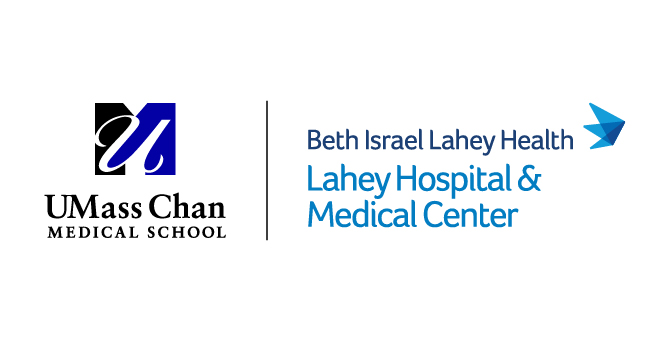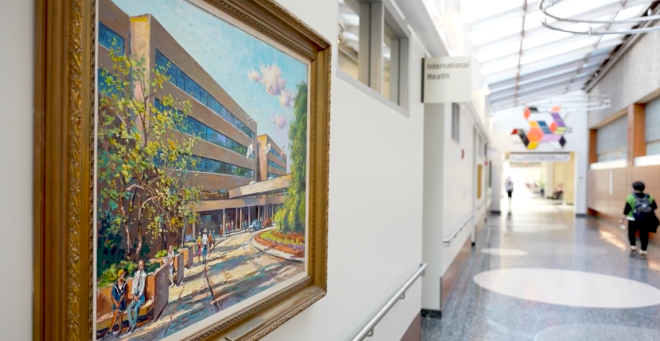
UMass Chan Medical School and Lahey Hospital & Medical Center, part of the Beth Israel Lahey Health system, have signed a research affiliation agreement to create a new quantitative science research hub to improve health outcomes and disparities through population health, digital medicine and health systems science. The research agreement allows the institutions to study clinical data and collaborate on research, and builds on the partnership formed with the establishment of the UMass Chan-Lahey regional medical campus.
“The Medical School’s partnership with Lahey will offer clinical and population scientists, faculty and medical students the opportunity to leverage the expertise and clinical data of both institutions to more deeply engage in innovative research that addresses the health care needs of the regional campus and its surrounding community,” said Terence R. Flotte, MD, the Celia and Isaac Haidak Professor, executive deputy chancellor, provost and dean of the T.H. Chan School of Medicine. “As Massachusetts’ only public medical school, we look forward to working with our colleagues at Lahey to advance the health and wellness of the diverse communities throughout the commonwealth.”
As part of the newly signed research agreement, Lahey will create the Institute for Healthcare Delivery Science to foster innovation in digital medicine, population health and health care delivery. The institutions will establish a research informatics core for sharing and analyzing de-identified data at scale. UMass Chan-Lahey faculty and students will also have access to UMass Chan’s extensive research infrastructure, core technologies and other resources.
“The newly formed Lahey Institute for Healthcare Delivery Science will be a critical driver of our learning health system, advancing high quality clinical care, population health, digital medicine and implementation of clinical discoveries,” said Anne Mosenthal, MD, Lahey Hospital & Medical Center’s chief academic officer, and regional executive dean of UMass Chan-Lahey. “Through the integration of research, education, clinical practice and community engagement, we will enhance our ability to address real-world health problems, and benefit the health of the community.”
Additionally, with the new agreement, Lahey becomes a full partner in the UMass Chan Center for Clinical and Translational Science (UMCCTS), which is funded through the National Institutes of Health’s National Center for Advancing Translational Sciences. The UMCCTS works in collaboration with a variety of partners to improve health and health care delivery by providing cores, services, funding, education and training to develop new ways of turning observations in the laboratory, clinic and community into interventions that improve the health of individuals and the public.
The UMass Chan-Lahey regional campus was established in December 2022 and approved by the Liaison Committee on Medical Education in May 2023 and the New England Commission of Higher Education in January 2024. The new UMass Chan-Lahey track, called LEAD@Lahey—for lead, empower, advocate and deliver—prepares students to lead and create solutions to future challenges in health care. The curriculum emphasizes leadership, health systems science and interprofessional education. The first cohort of medical students participating in the LEAD@Lahey track will begin in August 2024.
“Lahey Hospital & Medical Center is pleased to partner with UMass Chan Medical School to enhance our research efforts to foster innovation in the delivery of health care and digital medicine,” said Susan Moffatt-Bruce, MD, PhD, president of Lahey Hospital & Medical Center and professor of surgery, UMass Chan-Lahey. “Our partnership to open the UMass Chan-Lahey regional medical campus and these new research initiatives will augment Lahey’s long legacy of collaborative, relationship-centered, and team-based patient care. Lahey is one of the few physician-led hospitals in the country, and we provide the ideal environment to study the art and science of medicine and spur innovation in the delivery of health care.”

